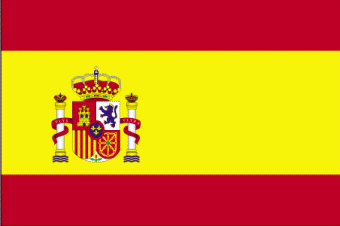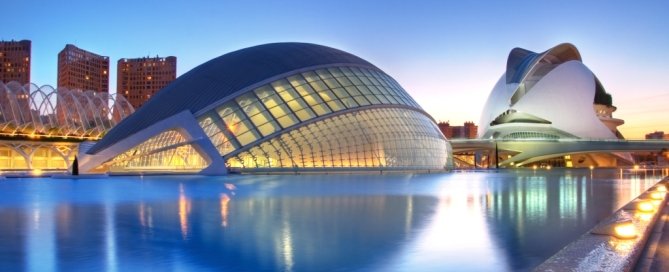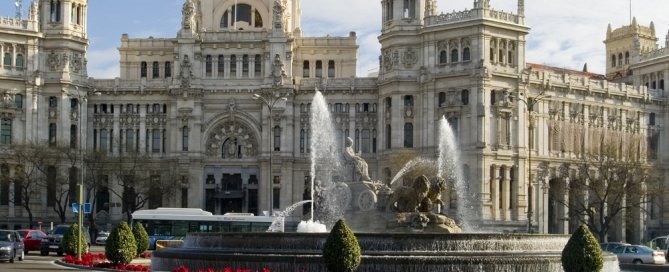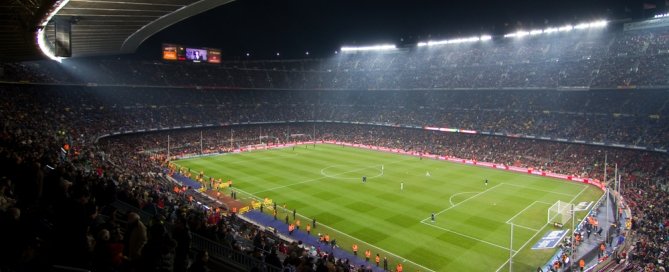Guide to Spain
Quick Facts

Population: 46 million
Major Language: Spanish
Currency: Euro
Calling Code: +34
In the Iberian Peninsula, bordered by the Mediterranean Sea and the Atlantic Ocean, Spain's beautiful landscapes, rich multicultural heritage and enthralling history of conquest explain the country's continuous place among the top five international tourist destinations. Romans inhabited Hispania for several centuries, bequeathing quintessentially Roman institutions such as the family, Catholicism and the legal system.
The arrival of various other cultures and countries challenged Roman rule, although the centuries-long Arab occupation would arguably leave a more endurable mark on Spanish soil. To this day, the southern Andalusian region retains a distinctly Muslim flavor, and its mosques are some of the most visited in the world.
The reign of the Catholic King and Queen would bring Spanish history to a turning point in the 15th century. Under the monarchs' auspices, northern Christian cities drove Arabs out of Spain through the process of Reconquest, and Christopher Columbus's discovery of America propelled the country to international hegemony. This status would be eroded by a series of destabilizing events such as the War of Independence against Napoleonic armies, the conflicts between absolutists and liberalists, the loss of the empire, the two World Wars and the Spanish Civil War, which gave way to a long period of military rule under General Francisco Franco. Upon the death of Franco, Spain transitioned to democracy guided by King Don Juan Carlos I.
Capital City: Madrid is the largest city of Spain, the third largest city in the European Union and the financial center of Southern Europe. Aside from the seat of the Spanish government, Madrid also hosts the Royal Palace and some of the world's most important art museums. However, its landmarks are not what make Madrid famous. Indeed, the soul of this city rests in its way of living the good life. From its excellent cuisine, the warm embrace of its people, the never-ending party and, of course, the siesta, Madrid knows how to combine fun with sophistication, and how to make you feel at home.
Government: Spain is a parliamentary democracy and constitutional monarchy. Its government is composed of an executive, legislative and judicial branch, and King Juan Carlos I acts as chief of state. Head of government President Jose Luis Rodriguez Zapatero was elected in the 2004 and 2008 elections as a member of the Socialist Workers' Party.
Culture: Spain's culture is an authentic mosaic reflecting the integration of the country's historical international influences with the dynamic power of its modern residents. From literature to painting, music, architecture and sports, Spain's culture prospers in all its forms, as demonstrated by its status as the country with the second highest number of UNESCO World Heritage Sites, its attraction as one of the top study-abroad destinations, and, most recently, its footballing success at of the World and European Cups. The cultural landscape of the nation is as varied as its geographical regions. Visit Catalonia to admire Antoni Gaudi's architectural wonders, eat your paella in Valencia and don't miss the virtuosity of flamenco dancers in Andalusia!
Spanish Media
 |
|
Study in Spain
 |
Coming Soon |













